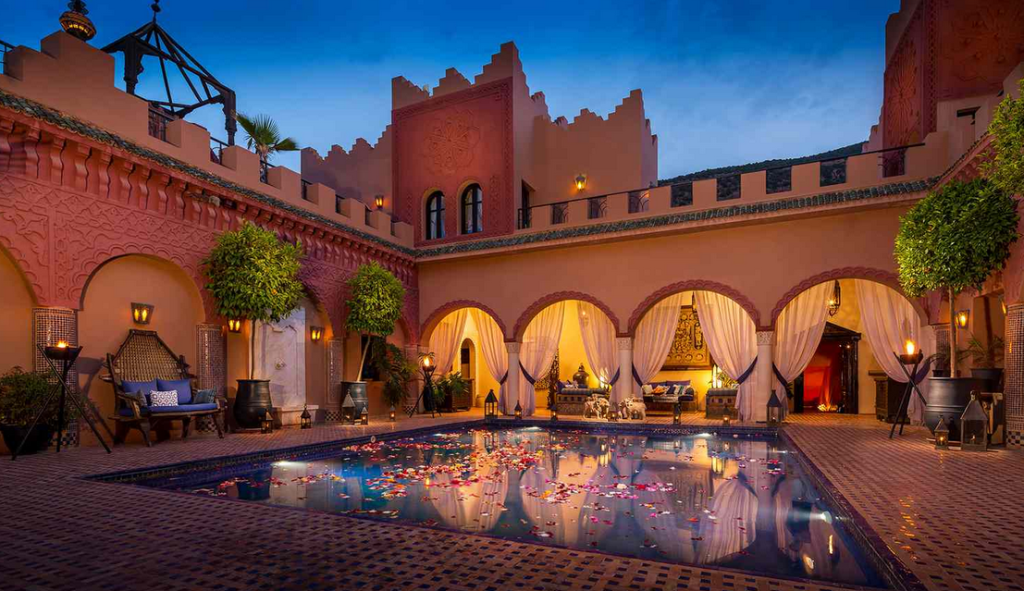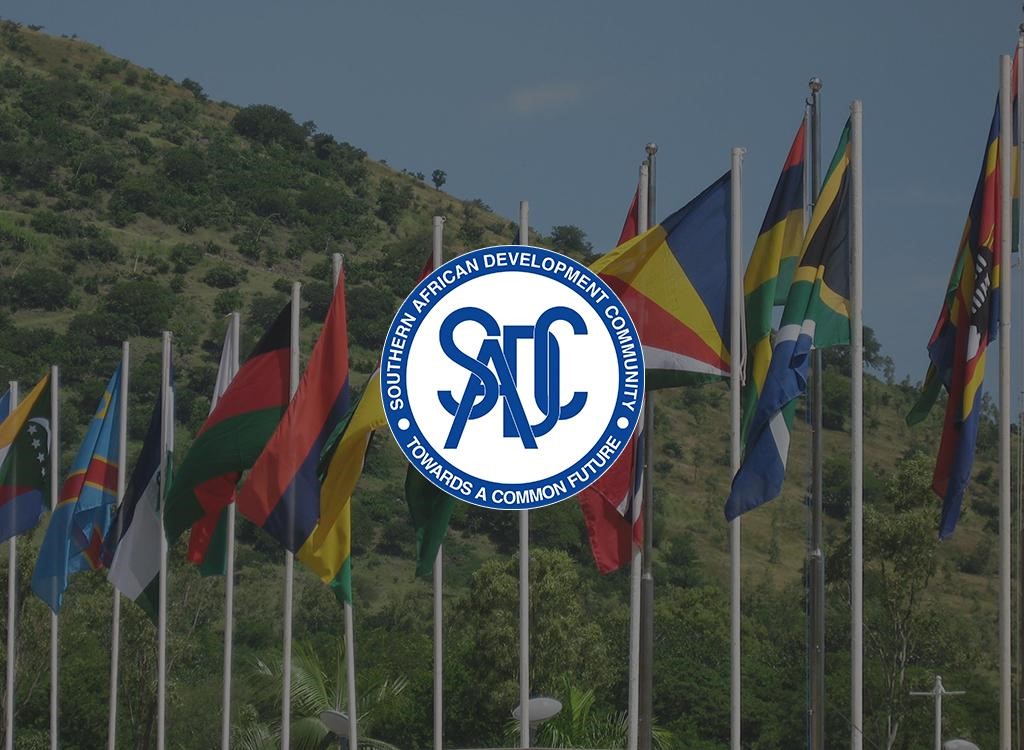North Africa is one of the most arid regions in the continent with most of the countries taking up a significant portion of the Sahara Desert. The region is composed of 6 countries: Algeria, Egypt, Libya, Mauritania, Morocco, and Tunisia. Together, these countries cover a total area of 7,056,851 square kilometers and host a population of about 212 million people. The region has a total GDP of $969.4 billion, indicating that it is a thriving region that investors should consider exploring. Various industries, such as tourism, agriculture, energy, and infrastructure, continue thriving in the North Africa region. Every country holds specific selling points that offer foreign investors unique opportunities for both large and small-scale collaborations. This article discusses key investment opportunities that can be explored in North Africa, highlighting key investment areas that drive various countries’ economies.
Overview of North African Nations
Member States and Population
- Algeria: 45.1 million
- Egypt: 107.0 million
- Libya: 6.9 million
- Mauritania: 4.7 million
- Morocco: 37.0 million
- Tunisia: 12.1 million
Total population: 212.9 million
GDP as of 2024
- Algeria: $196.3 billion
- Egypt: $525.7 billion
- Libya: $39.9 billion
- Mauritania: 11.2 billion
- Morocco: $143.0 billion
- Tunisia: $53.3 billion
Total GDP: $969.4 Billion
Top 10 exports in the region:
- Crude Oil and Petroleum Products (Algeria, Libya, Egypt)
- Natural Gas (Algeria, Libya, Egypt)
- Fruits and Vegetables (Morocco, Egypt, Tunisia)
- Textiles and Clothing (Tunisia, Morocco, Egypt)
- Phosphates (Morocco)
- Cement and Construction Materials (Egypt, Algeria)
- Tourism Services (Egypt, Morocco, Tunisia)
- Fish and Seafood (Morocco, Algeria)
- Minerals and Ores (Libya, Mauritania)
- Electronics and Electrical Equipment (Tunisia, Morocco)
Investment Opportunities in North Africa
1. Renewable Energy

The renewable energy sector of North African countries, such as Egypt, Morocco, Algeria, and Tunisia, possesses a lot of growth potential. Because of their strategic position; the hot and windy climate of the Sahara Desert and its environs provides these countries with abundant wind and sunlight. If harnessed effectively, these renewable sources of energy may play a crucial role in shifting these countries’ dependence on fossil fuels to green energy sources.
Some of the most successful renewable energy projects in the region include Noor Ouarzazate Solar Complex in Morocco, Benbar Solar Park in Egypt, and Algeria’s Renewable Energy Program. These projects harness solar, wind, and biomass as sources of renewable energy. The immense success achieved by existing renewable energy investments in North Africa indicates the existence of great potential in the industry. More renewable energy projects must be established to ensure the successful migration from fossil fuels to renewable energy sources. This is a gap foreign investors can explore in North Africa.
2. Agriculture
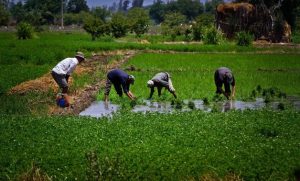
Agriculture is a major contributor to the GDP of North African countries such as Morocco, Algeria, Mauritania, and Egypt. These countries are famous for their fertile lands rich in minerals, such as phosphorous, and an abundance of water sources, including the River Nile and underground aquifers. Morocco is acknowledged globally for their phosphate exports, which is a crucial component in the manufacture of fertilisers. Egypt is one of the leading producers of rice, cotton, and wheat on reclaimed land. Mauritania is popular for its fisheries and sustainable farming practices that boost national food production. There is significant potential in North Africa’s agricultural industry given the ever-growing demand for food products across the globe. This indicates the presence of investment potential for foreign investors in agribusiness, sustainable farming practices, and agri-tech.
3. Infrastructure Development
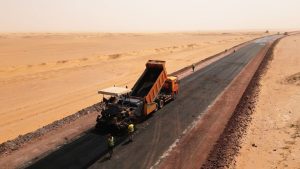
Egypt, Algeria Tunisia, and Libya are among the African countries that heavily invest in infrastructure to promote economic development. Potential areas for investment in infrastructure development include real estate, urban planning, and transport networks. Egypt is currently undertaking projects to construct a new capital, which has opened doors for investors in sectors such as real estate, transportation, and utilities. Algeria is constructing the Trans-Saharan Highway to connect Northern and Sub-Saharan Africa. The highway will foster trade and economic integration among various countries in the African continent. Tunisia is also committed to developing green cities through the utilization of sustainable construction approaches and the establishment of sustainable urbanization initiatives. Foreign investors may benefit from actively participating in infrastructure projects to get involved in economic activities such as real estate development, tourism, and trade which play a crucial role in the development of North African countries.
4. Tourism
Morocco, Libya, Tunisia, and Egypt are North African countries that have long been identified as popular tourist destinations. Each of these countries continues to invest in the development of their tourist sector through the implementation of modern strategies such as eco-tourism, cultural tourism, and luxury travel. Egypt, well known for its iconic Pyramids of Giza among other attractions, continues to be a popular tourist destination. Its national government continues rolling out efforts to restore cultural sites to improve tourist numbers. Morocco’s mountain and desert landscapes and ancient cities continue drawing multitudes of tourists to the country. The country’s current focus is the implementation of sustainable hospitality projects and eco-tourism. Tunisia’s wealth in UNESCO World Heritage Sites and its Mediterranean coastline provides an untapped market for heritage tourism, adventure tourism, and boutique hotels. Libya’s immense wealth in scenic coastal lines and archeological sites holds high tourism potential. All these countries offer something unique in the tourism industry providing a variety of investment options for foreign tourism investors.
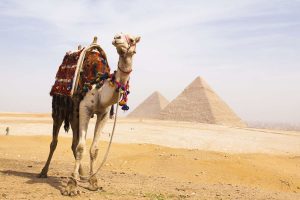
5. Natural Resources
North Africa has one of the biggest gas, oil, and mineral reserves globally. Countries like Algeria, Libya, and Mauritania are major players in the region’s energy and mining industries. Algeria is a major natural gas exporter, creating potential for investors in extraction and production technology. Libya is a major oil and gas producer with long-term investment opportunities. Mauritania has rich mineral reserves such as iron and copper. The country is looking to expand its mining industry to help meet the growing global demand for minerals. There are numerous investment opportunities in North Africa such as natural resource extraction and refining activities, and renewable energy integration.

References
African Development Bank Group (ADBG). (2023). North Africa Economic Outlook 2023: with economic growth set to reach 4.6 percent in 2023, North Africa should make green growth an urgent regional priority, according to the African Development Bank. https://www.afdb.org/en/news-and-events/press-releases/north-africa-economic-outlook-2023-economic-growth-set-reach-46-percent-2023-north-africa-should-make-green-growth-urgent-regional-priority-according-african-development-bank-63411
International Monetary Fund (IMF). (2024). Regional Economic Outlook: Sub-Saharan Africa. https://www.imf.org/en/Publications/REO/SSA/Issues/2024/04/19/regional-economic-outlook-for-sub-saharan-africa-april-2024
ISS African Futures. (2019). North Africa. https://futures.issafrica.org/geographic/regions/north-africa/
Statista. (2024). Gross domestic product (GDP) of the Maghreb countries from 2019 to 2029. https://www.statista.com/statistics/796058/gdp-of-the-maghreb-countries/
Woldometer. (2024). African countries by population. https://www.worldometers.info/population/countries-in-africa-by-population/



